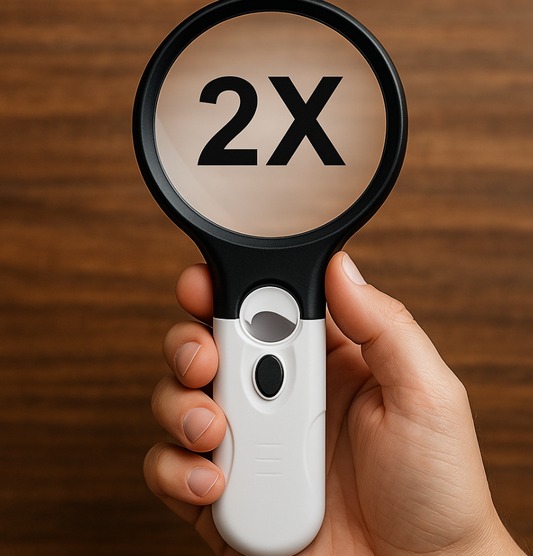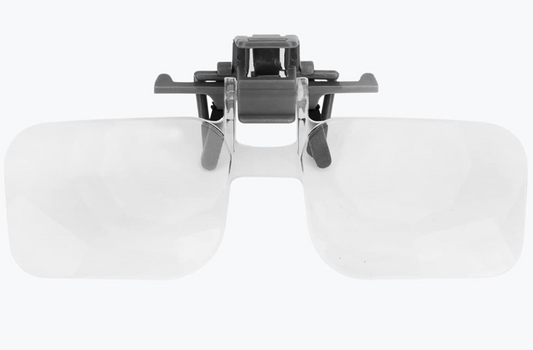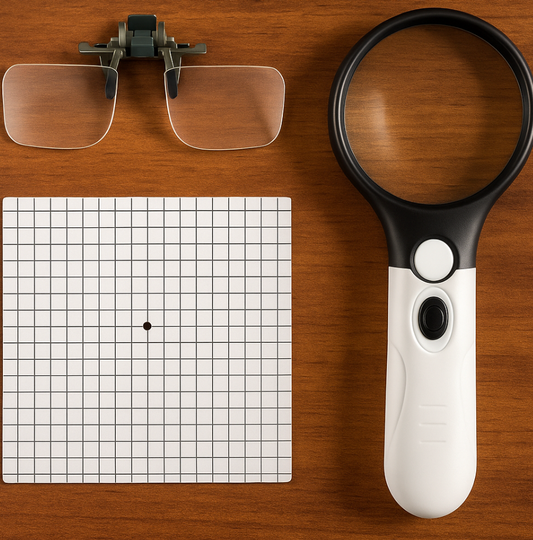Vision Loss & Mobility
Share
Vision loss significantly impacts mobility, as it reduces a person's ability to safely and confidently navigate their environment.
People with low vision or blindness may have difficulty detecting obstacles, changes in elevation, and uneven surfaces, increasing the risk of trips, falls, and collisions.
Depth perception, peripheral vision, and spatial awareness are often impaired, making it challenging to judge distances and avoid hazards.
Vision loss also affects balance and orientation. Moving through busy or unfamiliar spaces can be disorienting, which may lead to slower movement, reliance on support aids (like canes or guide dogs), or assistance from others. This change often impacts independence, limiting participation in activities and possibly leading to social isolation or decreased physical activity, which can affect overall well-being and lead to depression.
Accessible environments, mobility training, and assistive devices can help improve mobility and safety for individuals with vision impairment.
Working with your eye care provider to determine you vision goals and how to minimize the effect of your vision loss on your day to day living will help keep your independence.
The availability of lighting solutions, magnifiers, large print games & puzzles, have made it so patients with low vision can continue enjoying activities with their friends & family.
Looking for more information?
Check out our posts on Why Contrast Matters, What Vitamins are Best for Eye Health and Which Level of Magnification is best in magnifiers.



